For far too long, the focus of applied communication has been in proving value and getting a place at the manager’s table. We followed blind the growth imperative and an economic model centred on the financial efficiency. In the years, some academics were looking for identifying added-value of communication to the management game from a hegemonic perspective. Nevertheless, it was also a position of never being able to be a game changer, but rather a follower. It even charged also public sector with efficiency from a management centered perspective.
We see then a change in the public sphere and in the social dynamics. Society intensified the game of legitimation of organisations with hashtags movements and global awareness. CSR, sustainability, diversity, equity, inclusion are now well widespread buzzwords in the corporate realm. Organisations feel the normative imperative, taking care of societal issues and even play a role in political discussions, as seen in corporate social advocacy and CEO activism. On the other side, corporate hypocrisy and soft propaganda are ongoing, and the media landscape and its watchdog role seems to be diminishing.
For sure companies and even more public sector have always had a contract with society. A contract that comprises not just direct stakeholders (as employees, consumers, citizens or shareholders) but also broader publics (as the media, the nonprofit sector or the communities where the organisation operate). Of course, there are laws and regulations, the formal part of this social contract; but there are also semi-formal aspects, which are much more fluid and difficult to ascertain: the stakeholders’ expectations regarding companies conduct, like following environmental or labour ideals, or the fulfillment of brand promises. Violations may result in swift actions by stakeholders, fueled by social media boycotts, for example, but they can also go unnoticed. With excuses of endless use of rhetorical figures and a permissive attitude towards communication endeavours and brand communication, we let organisations preach their stories and narratives without hardly any accountability on their communication.
We invite the community to reflect upon the scope of those thoughts and to submit critical, empirical or theoretical proposals for the interim ECREA OSC conference to take place from 5th to 7th of July 2023 in the Autonomous University of Lisbon, in a joint organisation with LabCom – Research centre. Evandro Oliveira and Gisela Gonçalves are the organisers.
Para inscrições contacte: ecreaosc@gmail.com
This is a taste for newcomers to the fascinating world of network data analytics. After a brief game and a presentation of what networks mean and how they are relevant for social media analytics; we will use Gephi to explore real datasets. After that you will learn how to visually understand networks, and how to use the network representations to draw some early conclusions. You will also get further useful resources if you wish to grow further that road
Note you will need to bring your own laptops and you will be asked to install the software yourselves before the session. Help for the installation can also be provided.
Registrations
ECREA and SOPCOM members: 25 Euros for 1 Workshop; 40 Euros for both.
PhD Students: 20 Euros for one and 30 for Both
NON-ECREA members: 50 Euros 1 Workshop and 80 Both


